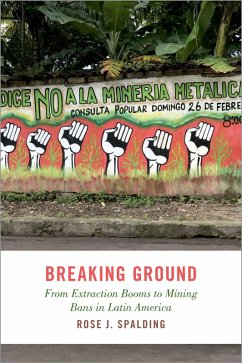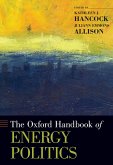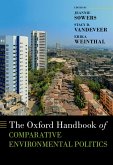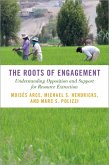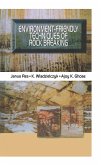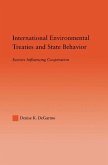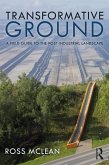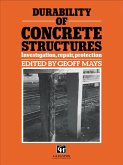Natural resource extraction, once promoted by international lenders and governing elites as a promising development strategy, is beginning to hit a wall. After decades of landscape gutting and community resistance, mine developers and their allies are facing new challenges. The outcomes of the anti-mining pushback have varied, as increasing payments, episodic repression, and international pressures have deflected some opposition. But operational space has been narrowing in the extractive sector, as evidenced by the growing adoption of mining bans, moratoria, suspensions, and standoffs. This book tells the story of how that happened. In Breaking Ground, Rose J. Spalding examines mining conflict in new extraction zones and reactivated territories--places where "mining as destiny" is a contested idea. Spalding's innovative approach to the mining story traces the construction of mine-friendly rules in up-and-coming mining zones, as late-comers gear up to compete with mining giants. Spalding also excavates the tale of mining containment in countries that have turned away from the extraction model. By challenging deterministic assumptions about the "commodities consensus" in Latin America, Breaking Ground expands the analysis of resource governance to include divergent trajectories, tracing movement not just toward but also away from extractivism. Spalding explores how people living in targeted communities frame their concerns about the impacts of mining and organize to protect local voice and the environment. Then she unpacks the emerging array of policy responses, including those that encompass national level mining rejection. Breaking Ground takes up a timeless set of questions about the interconnection between politics and the environment, now re-examined with a fresh set of eyes.
Dieser Download kann aus rechtlichen Gründen nur mit Rechnungsadresse in A, B, BG, CY, CZ, D, DK, EW, E, FIN, F, GR, HR, H, IRL, I, LT, L, LR, M, NL, PL, P, R, S, SLO, SK ausgeliefert werden.

